Appropriately managing employee stress levels, creating high quality services and goods, and increasing productivity are all important management issues for companies to balance. We spoke with Kanji Okazaki of Risk Measurement Technologies (RimTech), a company which has developed a product that uses “voice” to visualize mental health, and allow for the early detection and treatment of changes in health and physical condition.

Kanji Okazaki
“There is an increasing need to feel safe and secure in the workplace”
Your company was founded in October, 2019. What led to you wanting to start this kind of business?
For a long time my work background has been focused on risk management advising for financial institutions and other companies, including credit risk, stress testing, governance, and compliance with financial regulations. Within the last couple years of doing that work, I’ve heard that productivity loss due to what you could call “human resource risk” and operational risk has been an increasingly larger problem. By human resource risk I mean absenteeism and presenteeism: the former referring to employees not showing up, and the latter to employees that do show up but remain unproductive for any number of various reasons, usually health-related. I do think that the lack of a strong workforce is a general problem for Japanese society right now, but I’m led to believe that there is an increasing need to feel safe and secure in the workplace, and that, compared to the past, those needs are greatly exacerbating and even creating mental issues in modern workers. Mental issues can lead to an increase in, and are likely one of the main factors that leads to dangerous accidents and other operational risks. Until recently, because the origin of this kind of risk wasn’t very clear (or quantitative), making objective and forward-thinking management very difficult. I started Risk Management Technologies (RimTech) because I believe that by using spoken voice as your analytical factor, one becomes able to frequently and easily make the origins of worker risk clear and quantitative, which allows for the reduction of that risk, and allows management to look toward increased productivity as they solve the underlying issues.
What kind of services does RimTech provide?
RimTech offers companies an advisory business service that includes the sophistication of internal management, the construction of a risk management system, risk evaluation, and managing credit risk. And RimTech doesn’t just review risk management systems, we also conduct analysis of risk data using statistics software. Also, ever since we released our “Mind Health Measurement System” in March of 2020 which can easily visualize mental health changes using just the power of voice, we’ve been pushing forward with new solutions that combine healthcare and risk management.
RimTech’s tech can help employers visualize mental health changes
Tell us more about the Mind Health Measurement System you’ve released. What kind of a product is it?
Well the strongest point of the system is, like I’ve said, to allow for the visualization of mental health using only voice. Although it has many other strengths worth considering: it’s easy to use, it allows for quick analysis (it only takes a few seconds to work), it’s a SaaS model so it can be used anywhere and at any time at the user’s convenience, and it’s low-cost. Since 2015 workplace stress checks are now mandatory according to Japanese law, it has been pointed out that these checks can be severely lacking in timeliness, as they are only conducted once a year. Also, criticism has been raised that since it is a self-administered questionnaire, there exists the problem of response bias that would cause a worker to consciously or subconsciously under- or over-estimate their own mental state. Furthermore, there’s also the universal problem of written tests in Japan that if those taking the questionnaire can’t read or understand the meaning of certain kanji characters that appear in the questions, they won’t be able to answer accurately. The Mind Health Management System deals with all of these problems. For example, identifying the signs of worsening mental health early allows employees to take the time to address those issue before their condition truly worsens. We expect that this positive loop will lead to the avoidance and reduction of risks, such as mistakes and accidents related to overworking.
How did the Mind Health Measurement System come to be?
Back when I was conducting individual risk management advising, the questions I received regarding human resource risk continued to increase every year, and I began to realize that the importance of these topics were growing correspondingly. However, because these kinds of risk have been hard to visualize and quantify (until now), it was difficult to enact effective and efficient management methods. The available response tended to be limited to risk assessment, and lacked quantitative support. So I tried to consider whether or not there was some was to visualize and quantify that risk, to open up radical new management methods. That’s when I met a company called PST which held the technology for analyzing spoken word, and from there began to see how a product could be made that combined their technology with my expertise.
Are there any similar or competing services that you’re aware of? And what do you think the specific strengths of your company are that could differentiate it?
I think that the companies that provide the stress checks mandated by the 2015 law and companies that provide services like employee awareness surveys and organizational improvement could be considered competitors. Likewise, any company that provides a service which visualizes emotion using voice could become a competitor. On the other hand, we believe that our solution that combines healthcare and risk management is complementary in value to the services of these “competitors.” Rimtech’s strength is not only that we carry out the planning, design, and development of the Mind Health Measurement System, but that we have a wealth of knowledge on risk management and data analysis. For example, sometimes there are cases where it’s difficult to measure on a regular, daily basis on-site, but in these cases we can still provide analysis to obtain the desired results. In addition, we will properly adjust for differences in industry and other factors and consider how to make best use of the data considering. We also think that the data collected has great inherent value. The Mind Health Measurement System has been on the market since March 2020, but we plan to conduct a verification test for data collection with the cooperation of Yokohama City in order to make further improvements.
RimTech provides risk management solutions that contribute to the sustainable development of society and companies
The RimTech website allows not only those in Japan, but anyone abroad to purchase a subscription to the Mind Health Management System. So it would seem you have your eyes on the global market, but I’m curious how you view the North American market specifically?
Earlier this year, in June, RimTech participated in “BIO Digital,” a virtual convention for life science companies. Medical welfare is a field in which the safety and security of services is highly valued, so I participated thinking that I could find demand among those who worked in hospitals and nursing homes. Those I talked to during the convention responded especially well to the use of spoken voice, the lack of response bias, and the excellent usability of the application. On the other hand, because of the spread of COVID-19, I feel it’s become more difficult to make new contacts among other companies and organization, because of the restrictions on movement and in-person activities. I’ve heard from friends located in the US that there’s a high degree of personal health awareness there, and so I think the North American market could be very accepting of our services, maybe even for individual use as a self check-in.
What can you tell us about your future plans?
Our core objective is to provide risk management solutions that contribute to the sustainable development of society and companies. Specifically, by providing solutions that combine healthcare and risk management, we want to contribute to improving the productivity of companies and organizations through the health and wellbeing of their employees. For example, we would love it if the Mind Health Management System were worked into a company’s morning greetings, as a show of support for the employees’ health and mental state. Also, even though COVID-19 has led to many employees working remotely, I hope that employers continue to use our service for health management in these new working conditions.
Living and working in Yokohama
Why did you choose to start RimTech in Yokohama? Additionally, how do you view Yokohama’s business ecosystem?
I live in Yokohama, so working close to home was a large part of it. But Yokohama’s Kannai and Sakuragicho business areas have been attracting many companies, and I calculated that the cost for running this business, including the commute time, was much lower in Yokohama than Tokyo. Of course, the convenience of working in an area that is very close to the greater Tokyo market is a very strong reason as well. Yokohama also has many beautiful parks with lots of greenery and nature, and the Kannai, Yamashita, and Sakuragicho areas feel very close to the ocean. I think it’s very easy to feel refreshed while walking through these historic cityscapes. Of course, there’s strong business support in the city as well, and by becoming a member of the city’s Life Innovation Platform (LIP. Yokohama), we’ve had opportunities for some important proof-of-concept testing. The information I’ve received from the LIP. Yokohama newsletter and directly from LIP. Yokohama staff members has been very helpful and very informative.
[Profile]
Kanji Okazaki:
Across Mr. Okazaki’s career he has worked at a financial institution, a credit risk database institution, the Financial Services Agency, and a major audit firm. He has conducted numerous advisory services such as risk management, data analysis/modeling, compliance, internal control, and financial regulation. He has knowledge of statistical software (Stata, SAS, R, etc.), various programming languages (PHP, JavaScript, SQL, Python, VBA, etc.), and server operation (Linux). At the Financial Services Agency, he was in charge of implementing Basel III domestically and headed the risk management subcommittee for the Basel Committee on Banking Supervision.
Links:
Rimtech Mind Health Management System: Product Outline
Related Articles:
Find more Company Spotlights
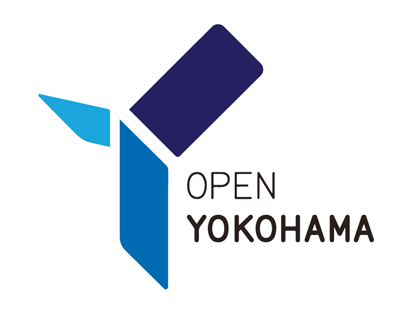
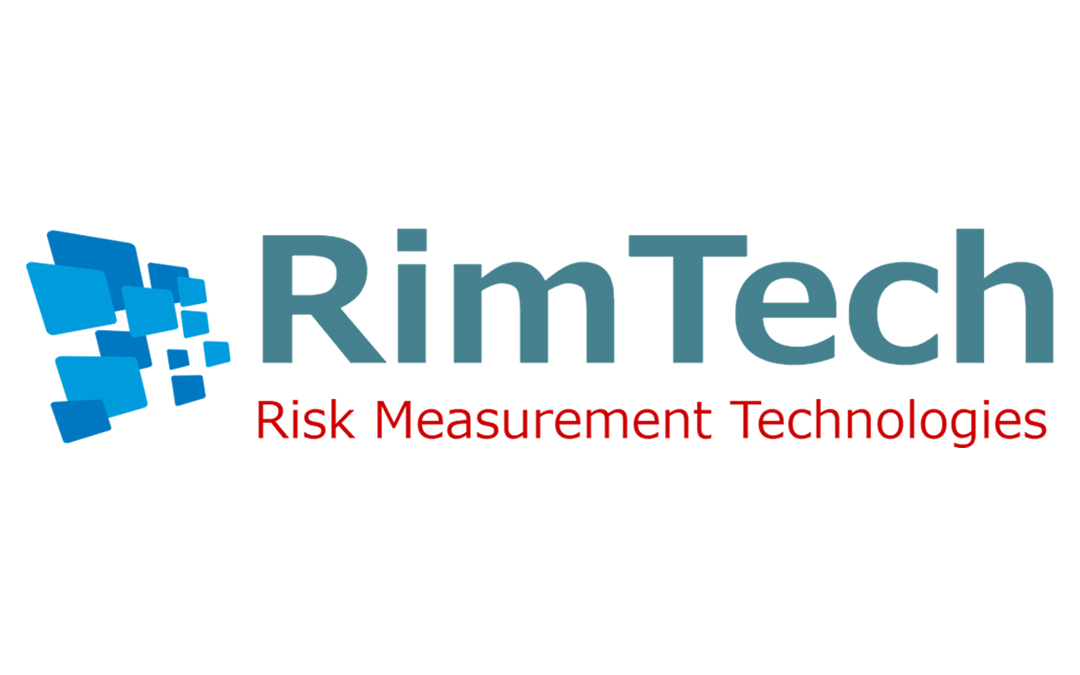
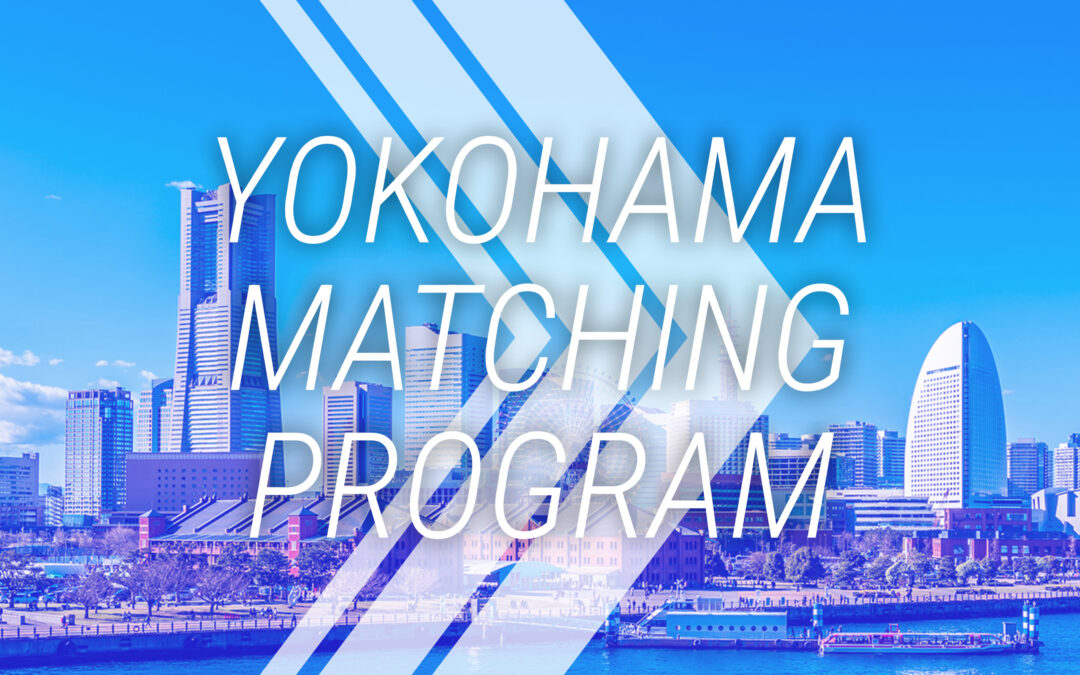

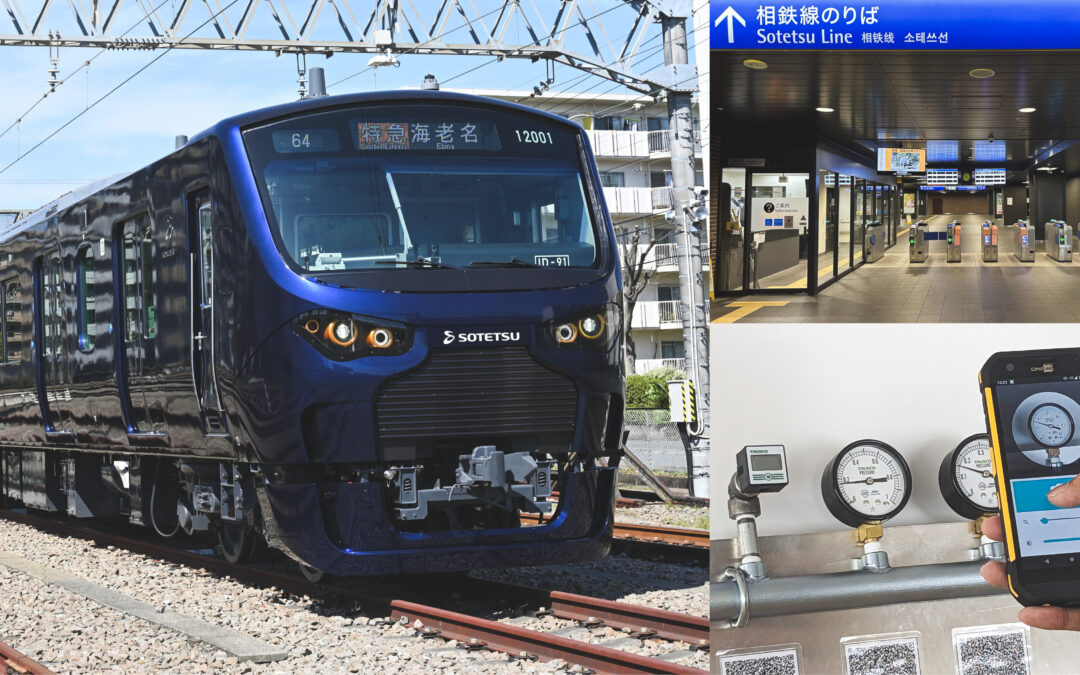
-1080x675.jpeg)
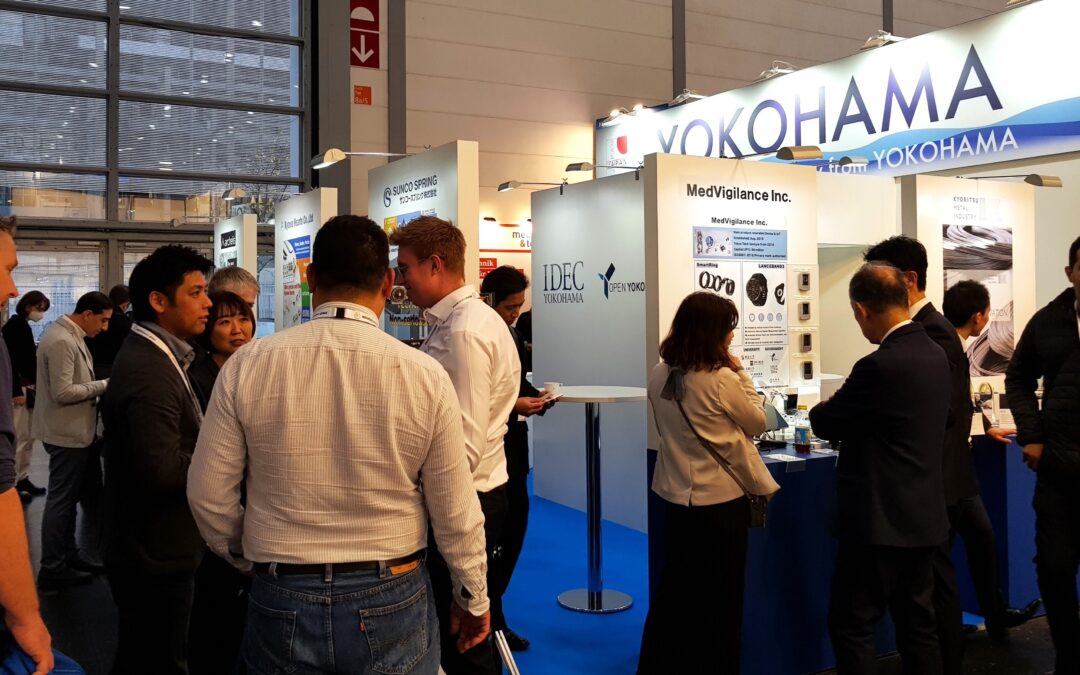
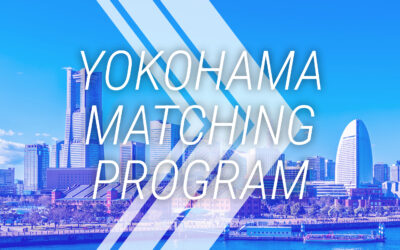

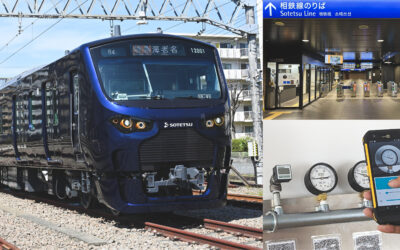
-400x250.jpeg)